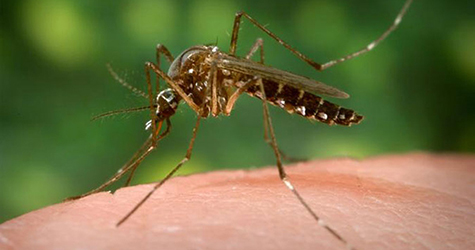The World Health Organisation (WHO) has declared yellow fever outbreak in lower parts of South Sudan where two cases were identified in Kajo-keji, a region near the border with Uganda, where an outbreak of the viral haemorrhagic disease had been detected early this year.
WHO warned about the risk of spread and further transmission of yellow fever should be a concern for South Sudan due to spontaneous return of displaced persons from Uganda.
COVID-19: AU looking West and East as leaders ponder over ‘reverse strategy’
The gaps in surveillance and weaknesses in health services, ongoing travel restrictions imposed due to COVID-19 outbreak and the onset of the long rainy season, which provides a favorable breeding ground for mosquitoes that speeds u the spread the virus should also be of concern.
“Epidemic spread of yellow fever is a risk in South Sudan as the estimated overall population immunity is negligible with nearly zero per cent immunity in Kajo Keji,’’ WHO said in a statement.
The Ministry of Health of South Sudan with support from the WHO have planned to launch a reactive vaccination campaign in the region where infections have been reported with the proposed the implementation of preventive mass vaccination campaigns by year 2022.
South Sudan has experienced several yellow fever outbreaks in the previous years but the worst yellow fever outbreak was in May 2003 where 178 cases and 27 deaths were reported.
The WHO announcement comes at the time when the world is grappling with COVID-19 pandemic which has claimed over 11690 lives across the globe. Sudan has since reported 4 positive cases with zero deaths and recoveries.

















